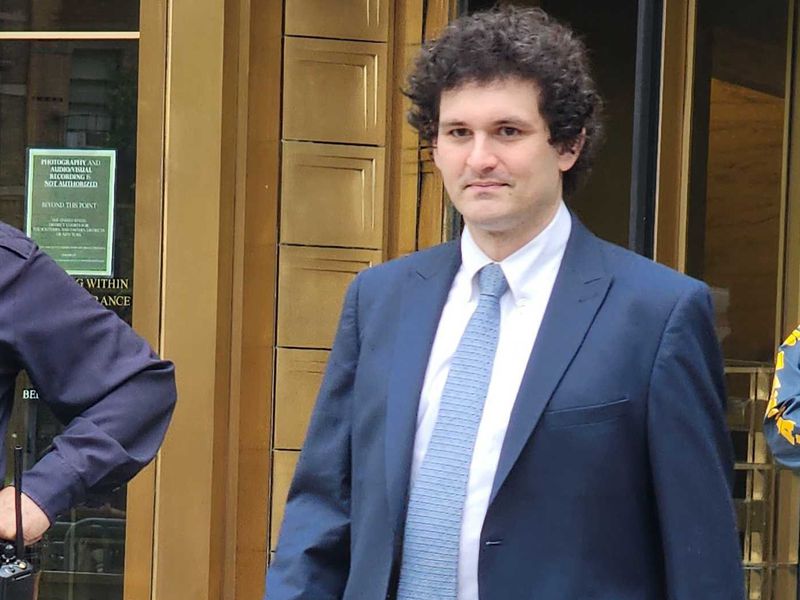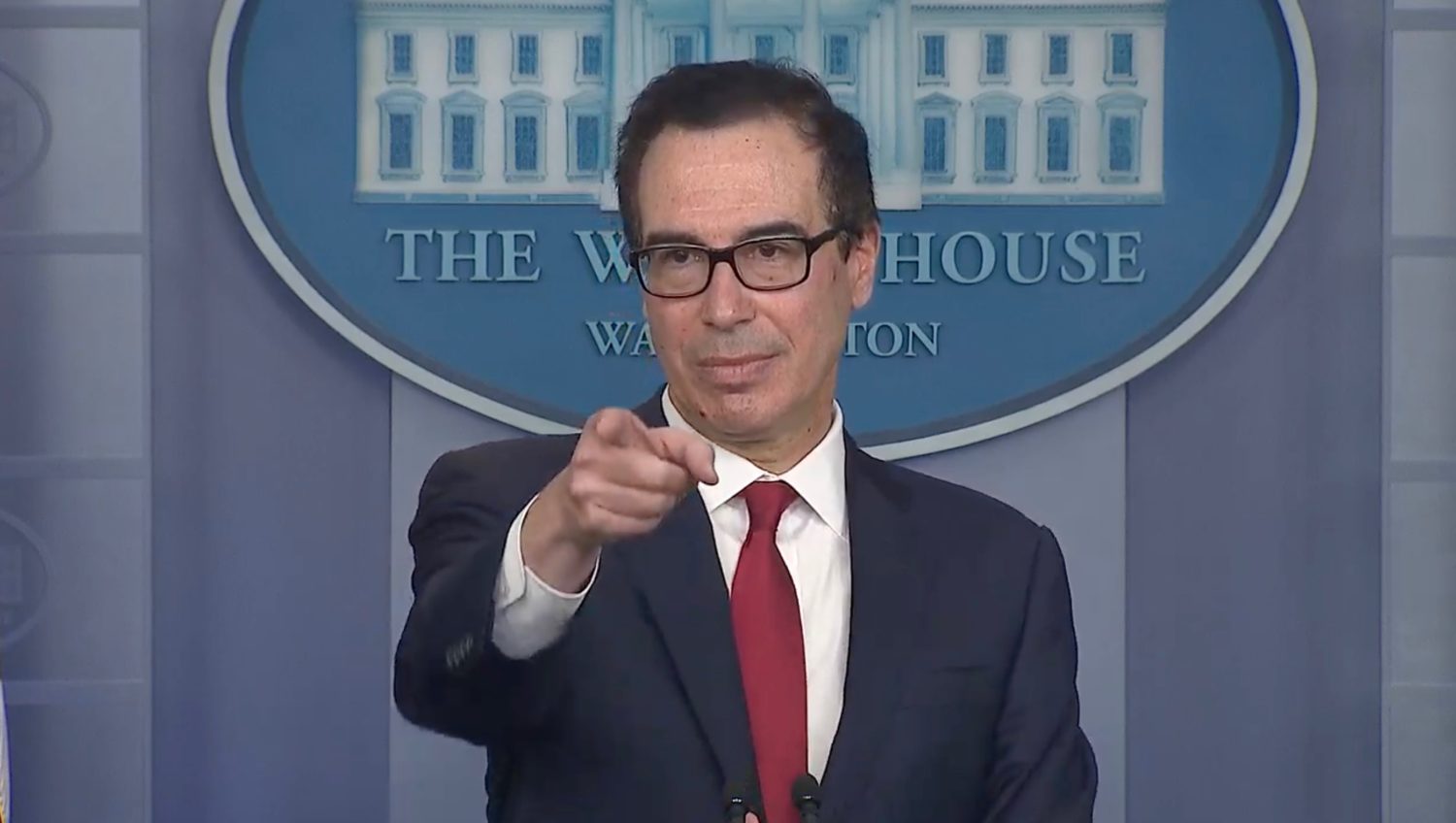Circle CEO Allaire to Congress: Treat Crypto as a New Asset Class

Crypto will take center stage on Capitol Hill for the second time in as many weeks when the U.S. Senate Banking Committee convenes Tuesday to discuss current and potential regulations.
Jeremy Allaire, CEO of Circle, will testify as a representative of the Blockchain Association trade group. He will be joined by University of California at Irvine School of Law professor Mehrsa Baradaran and Congressional Research Service specialist Rebecca Nelson.
The hearing is set to examine the regulatory questions around the industry and should be fairly broad, unlike the hearings on Facebook’s Libra project earlier this month.
“It’s going to be a discussion about the broader industry and what are the regulatory challenges and what can the U.S. be doing better, so I’m pretty optimistic,” said Kristin Smith, head of the Blockchain Association.
In his prepared remarks, Allaire calls for Congress to treat digital assets as its own asset class, as current regulatory burdens may make it difficult for U.S. companies to conduct business.
“Being a law-abiding U.S. citizen should not put U.S. companies, or U.S. industry, at a disadvantage in the development of this global technology,” he said in testimony published Monday, adding:
“Congress should adopt national policies that define and establish digital assets as a new asset class and develop appropriate rules and exemptions for digital assets. This will require legislation that likely changes our existing commodities, securities, and banking laws, among others.”
Allaire is representing the Blockchain Association because Circle knows these issues firsthand, Smith said. The company has secured a number of regulatory licenses and has restricted U.S. investors from trading certain assets but nevertheless had to lay off staff and move part of its business offshore due to the current regulatory structure.
Blockchain technology will help regulators better track attempts at money laundering, Allaire explains in his testimony.
Crypto vs. Libra
During the Libra hearings, lawmakers drew a distinction between cryptocurrencies in general and Facebook’s project specifically.
In his testimony for Tuesday, Allaire likewise contrasts Libra with USDC, the stablecoin jointly issued by his company and Coinbase through the Centre Consortium.
“Unlike Libra, which is attempting to establish a new global currency and unit of account, the CENTRE protocols provide a path for major reserve currencies to work as digital currencies,” he said.
CENTRE is also moving away from being based on any single blockchain (right now USDC is built on top of ethereum), he said.
In her prepared testimony, Nelson also contrasted Libra with cryptocurrencies in general, focusing on privacy as one example.
“The libra also upends the debate about privacy and cryptocurrency,” she said, explaining that while previous concerns around crypto users centered around whether they “had too much privacy,” the issue with Libra is the opposite.
“Previously, concerns about privacy in cryptocurrency markets focused on whether users had too much privacy: that by partially shielding user identities, cryptocurrencies allowed bad actors to engage in nefarious and illegal activities,” she said, adding:
“In [contrast], concerns focus on how users’ data on financial transactions would be protected, and not merged with user data from other Facebook platforms. Although the head of Calibra has pledged that ensuring privacy is a top priority, many analysts are more skeptical given previous scandals involving Facebook’s use of user data and the dependence of Facebook’s business model on collecting and monetizing user data.”
It’s unclear if Facebook will come up during Tuesday’s hearing, but Smith said it’s likely there may be questions about consumer privacy and how different systems might tackle that issue.
“I think it should be a fairly well-rounded discussion,” Smith said. “I don’t think we’re going to hear anything new that we haven’t heard before, I just think it’s going to be a more thoughtful and measured conversation than we’ve heard with the Facebook hearing.”
Financial inclusion
While Allaire calls for specific legislative action, his fellow expert witnesses take more of an educational tone. Nelson, in particular, notes that her testimony examines international regulatory structures, “as requested.”
“Digital currencies may have the potential to be adopted more widely, as central banks and large [multinational corporations] look to create their own digital currencies,” she said, adding:
“Large-scale adoption of digital currencies could have a range of policy implications for the United States, including financial stability, consumer protections, AML/CFT, privacy considerations, and sanctions policy, among others.”
Law professor Baradaran’s testimony focuses more on the financial system as it exists today and its impact on unbanked and underbanked populations. Her remarks suggest she is skeptical that private citizens or companies developing cryptocurrencies to tackle these issues is the best course of action.
“There are inequalities and problems in the U.S. banking system and they must be fixed, but they must be fixed through democratic means. Cryptocurrencies want to take over where our public institutions have failed,” Baradaran says.
While Congress should take note of the crypto industry’s criticism, Baradaran concludes that it is up to Congress to act to “foster financial inclusion.”
Image: Circle’s Jeremy Allaire and Sean Neville speak at Consensus 2016 (via CoinDesk archives)









